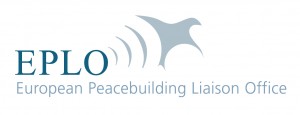History has shown that the road to inhuman and atrocious acts is long and full of hatred. The earlier the process is stopped the better is the chance to prevent tragedies.
Identity-based polarization, divide and rise of hatred are familiar phenomena that undermine cohesion of societies and collaboration of nations, and lead to atrocities in each continent of the world.
Multipolarity increases the need for mutual respect, understanding and inclusion. Addressing the challenges should be high on the list of priorities.
Dialogue is aimed at changing hostile human relations, bridging diversities and transforming conflict situations into peaceful processes at the level of both citizens and nations. Launch and facilitation of dialogue, in particular “tough” dialogue where people with extremely conflicting views and emotions sit together and development of adequate capacities in both conducting and facilitating dialogue, therefore, is a must across the world.
Dedicated to the cause of dialogue as an important tool for preventing mass atrocities, the Budapest Centre for Dialogue and Mass Atrocities Prevention (BCDMAP) convenes a webinar to
- explore the challenges of building up capacities in “tough” dialogue;
- identify the tasks of the international community in that regard;
- exchange views on pooling efforts to promote the culture of dialogue and include dialogue in national educational curricula.
Practitioners from the civil society will share their experience in “tough” dialogue and reflect jointly on the way forward with a special view to building up relevant capacities of youth.

